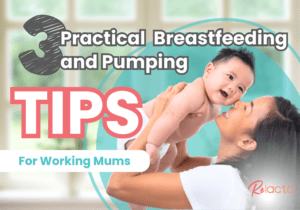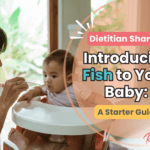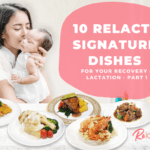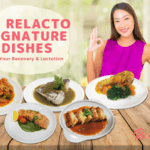Serving Honey to Babies: Why Is It Better To Wait Until They Are 2 Years Old?
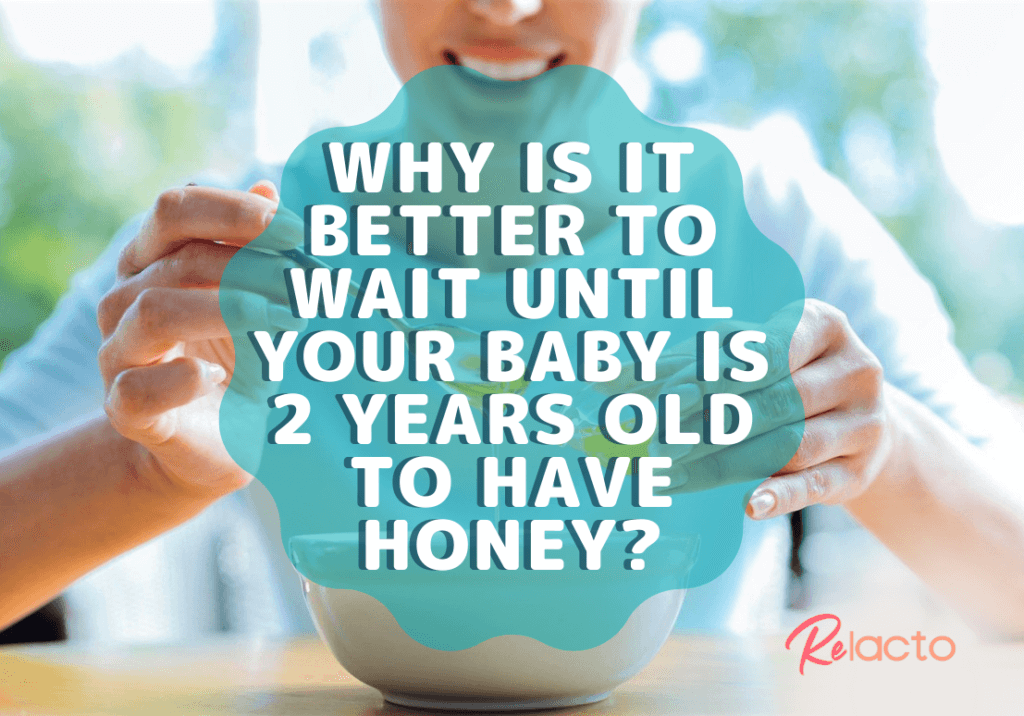
Honey is one of nature’s best creations. It sweetens our foods and drinks and makes the perfect substitute for refined white sugar. Now, while experts generally do not recommend feeding honey when babies are below one year old, you may be wondering how to know when it’s safe after. You’ve come to the right place! Let’s dive right into it.
Honey can contain botulism spores
So why are people so adamant about avoiding introducing honey to infants below one year old? This is because as a food additive, honey can cause infant botulism which is a very rare illness which can result in coma or death. Botulism is caused by toxins produced by spores forming bacteria.
Other foods that could cause botulism are also from canned food, especially those that are bulging. These bulging cans are gas produced by these botulism spores producing bacteria. These cans should be discarded without even opening. It’s always a good practice to cook your canned foods to reduce the risk of botulism from canned foods by cooking them until boiling for at least 10 minutes. This would help to kill any of the botulism bacteria.
Another product that you may find in the market that is unsuitable for infants below one year old is pacifiers filled with honey. Some even dip pacifiers in honey for their infants to suck on it. You may be wondering, why so? Honey is also known as a cough suppressant. It helps to thin mucus and loosen the coughs in older children. You can find honey in some cough medication. Many medications that may have honey as an ingredient would not be appropriate for children two years old and below.
As adults with a matured immune system, honey that may contain botulism spores is well tolerated. However, for infants, their immune system is still immature, and will react negatively to this. In a severe reaction where it’s untreated, the symptoms of food-borne botulism can progress into a stage where breathing muscles can be paralyzed. Thus, the recommendation is to avoid honey in infants 12 months of age and below. Introducing honey to infants older than 12 months of age is considered generally safe from the risk of botulism.
Is cooked honey safe?
Cooked honey safe or honey in baked goods is debatable. There is no definitive literature that shows whether cooked honey or honey in baked goods is safe or not safe for infants below one year old. However, what we know practically is that most baked goods that contain honey are most probably not necessary to introduce to babies. So far there are no reports of botulism in cooked honey, but we just cannot give a definitive answer here. So if in doubt, best to leave it out.
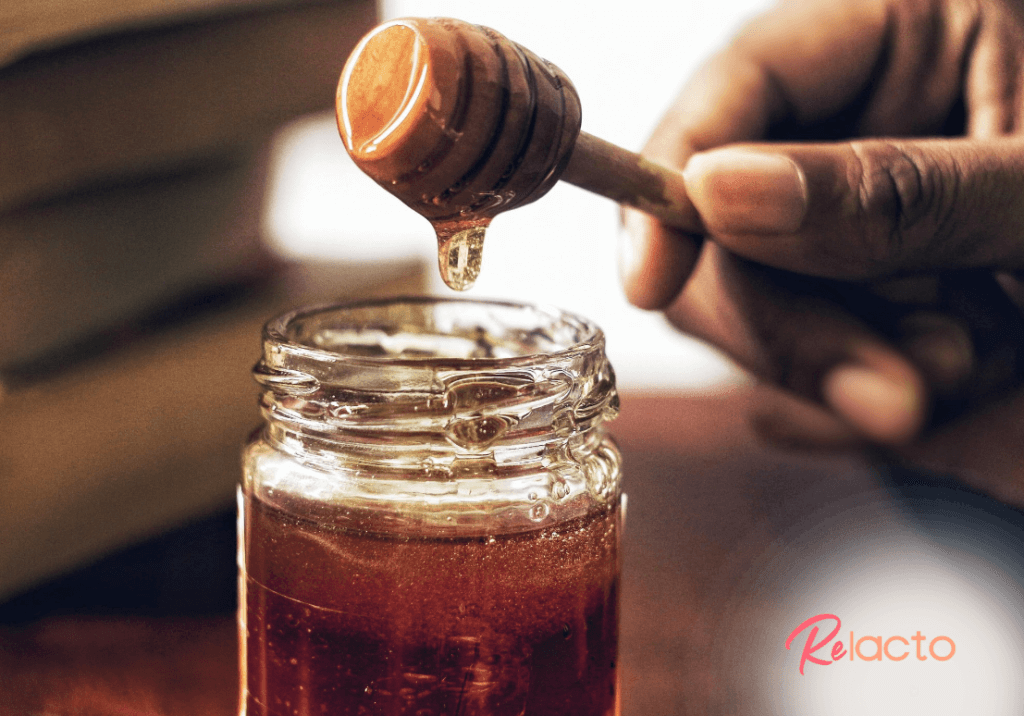
Honey is an added sweetener
Even though it may be safe for babies to have honey after turning one year old, honey is an added sweetener. Added sweeteners or added sugars should be avoided until they turn two years old. This is the first two years of your infant life is where we want to develop their taste buds.
Liking sweet-tasting foods comes naturally but flavours that are bitter, salty, savoury or so is a learned and acquired taste. Your baby needs to see and have savoury foods significantly more times to like eating them compared to having sweet foods.
Exposing and familiarizing them with whole foods and of wide variety is important in establishing their desire and taste profile for a healthier diet when they grow up. Minimising exposure to refined carbohydrates and foods with added sugars like sweetened cereals helps to give infants that opportunity.
Research has shown that added sugar below two years old is linked with rapid weight gain. This is a concern as it may increase the risk of childhood obesity, Type 2 Diabetes, and many other medical issues later in adulthood.
If you are preparing certain things that may require a bit of honey to make. A good substitute for honey is agave syrup. It’s a lower glycaemic index and a suitable syrup for those with diabetics as well.
Of course, if the recipe calls for a cup of honey, that kind of recipe should not be made for your infant to eat, not just because of the risk of botulism but also due to the amount of added sugar. Something that only requires about one to two tablespoons of honey or sugar to make for the full recipe for the whole family, then it’s relatively a better option, even more so when you can replace honey with agave syrup.
On a side note, if you’re interested in booking a lactation food Singapore service to improve and maintain your breast milk supply, check out the various foods to improve lactation that we serve on our menu! At ReLacto, we serve a wide variety of Chinese and fusion cuisines that make breastfeeding easier for you. We do this by incorporating foods to increase breast milk nutritional quality and density in the menu, while still ensuring that your nutritional requirements are met for mummy’s health while breastfeeding.
The foods to increase breast milk that we use in our menu include green papaya, ginger, garlic, fennel, fenugreek and Moringa Oleifera.
Learn more about our dietitian-guided, MSG-free and lactation-focused meals today!

